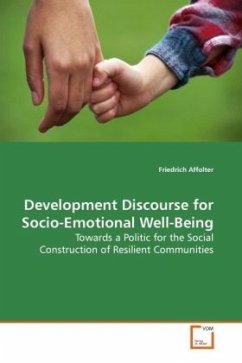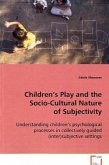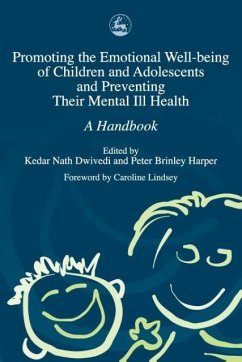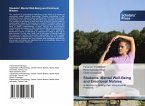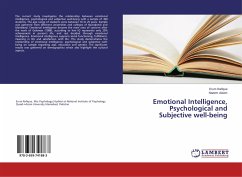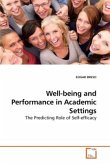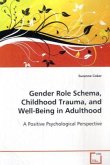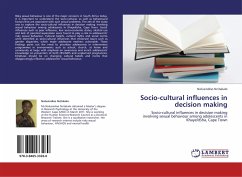Socio-emotional well-being nurtured through caring
relationships and pro-social community
experiences enables children and caretakers to
evolve into caring, non-violent, optimally-
functioning citizens. 'Socially-constructed
uncertainties' resulting from modernization as well
as economic and social change, however, put a
squeeze on social support network structures, and
jeopardize the prospects for the constructive
satisfaction of psychological needs. This text-
analytical study explores how 'text communications'
of socio-econonomic discourse producers such as the
United Nations, the International Monetary Fund and
the World Bank acknowledge or neglect to discuss the
significance of socio-emotional well-being for human
and social capital development. The study finds
that socio-economic development discourse
often backgrounds discussions about social support
structures necessary for nurturing optimal human
functioning . Psychologists are called upon
to infect socio-economic reasoning systems by
advocating for the effective integration of socio-
emotional well-being themes into 21st century socio-
economic development thought.
relationships and pro-social community
experiences enables children and caretakers to
evolve into caring, non-violent, optimally-
functioning citizens. 'Socially-constructed
uncertainties' resulting from modernization as well
as economic and social change, however, put a
squeeze on social support network structures, and
jeopardize the prospects for the constructive
satisfaction of psychological needs. This text-
analytical study explores how 'text communications'
of socio-econonomic discourse producers such as the
United Nations, the International Monetary Fund and
the World Bank acknowledge or neglect to discuss the
significance of socio-emotional well-being for human
and social capital development. The study finds
that socio-economic development discourse
often backgrounds discussions about social support
structures necessary for nurturing optimal human
functioning . Psychologists are called upon
to infect socio-economic reasoning systems by
advocating for the effective integration of socio-
emotional well-being themes into 21st century socio-
economic development thought.

